
Our Educational Approach
Earlybird uses a supported play-based approach that includes a combination of (child-led) free- choice periods and (teacher-led) targeted small-group and whole-class games and activities, arranged according to fortnightly themes and three broad learning and development areas.
Our approach is grounded in social constructivist theory.
Simply put, social constructivism is the notion that early learning and development are driven by social interactions and hands-on experiences.
There are five well-known early education “schools” that are underpinned by social constructivist theory: Montessori, Waldorf, High/Scope, Froebel, and Reggio Emilia.
These approaches differ along finer points but all broadly agree that learning happens as children use their existing knowledge to make sense of new information and that effective educators are those who anticipate cognitive challenges and mediate new learning by helping children bridge from the known to the unknown as they explore and experiment in the world around them.
All of the five approaches listed above were developed between 1870-1950, but over the past two decades breakthroughs in neuro- imaging technology have taught us a great deal about the neuro-biology of children’s developing brains and compelling findings about the nature of young children’s learning and development are constantly coming to light.
We pride ourselves on our commitment to examining new evidence and using it to identify areas we can adapt our approach to ensure we are truly preparing children for success in the 21st century. Thus, while Earlybird’s model shares the same core elements as the five well-known social-constructive preschool approaches we have intentionally chosen not to buy-in to a single “brand”, rather focusing on integrating proven drivers of quality in early childhood care and education.
Each element of our holistic early education model is summarized below:
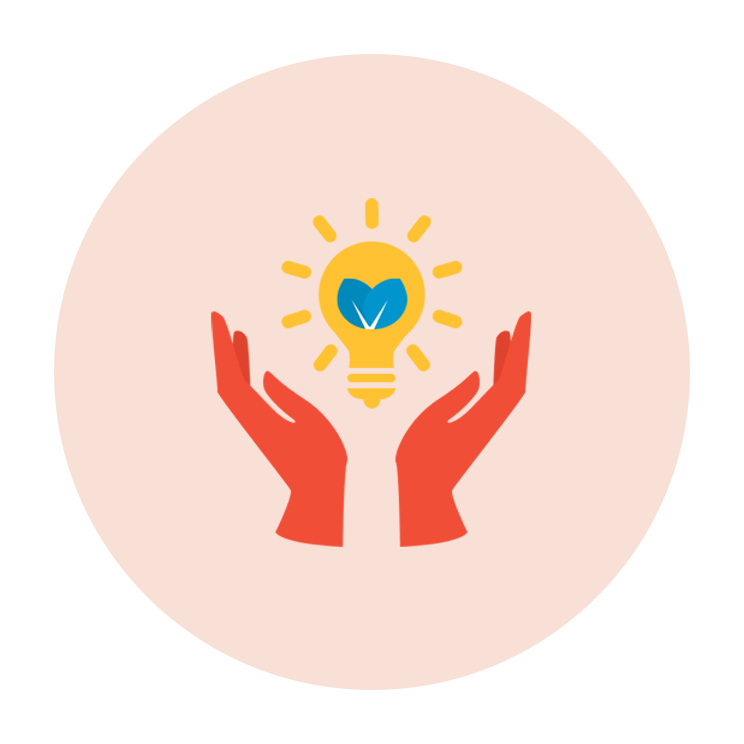
Learning Environment
Our classrooms have been carefully designed to create an environment which fosters meaningful engagement, curiosity, problem-solving, and inclusivity. Through daily opportunities to plan, play, reflect, and share, children learn to communicate their emotions; resolve conflict constructively; and respect one another, their teachers, and the educational materials available to them.
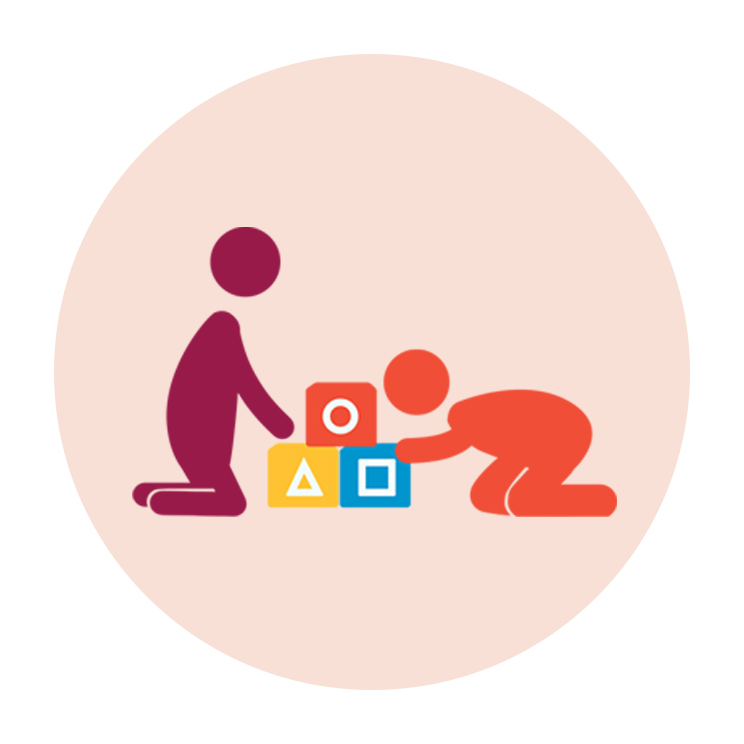
Learning Experience
Our curriculum is underpinned by 23 Objectives for Development and Learning (ODLs) which have been demonstrated by research as foundational to children’s successful transition to and functioning in primary school.
Each ODL has been broken down into a series of ‘steps’ which a child is expected to progress through on their way to mastering that particular Objective. All activities and games in our teaching guides, (Kip-Kip and Bird Seed), are mapped to a particular learning and development ‘step’.

Management support system
Our custom “Secretary Bird” management application makes it easy for principals and teachers to manage enrollment, learner profiles, attendance, supply ordering, fees, parent communication and more.
Principals at Earlybird centres are provided with ongoing management support from the members of Earlybird’s central team and our Head of Training conducts weekly meetings with the principals across all of our centres.
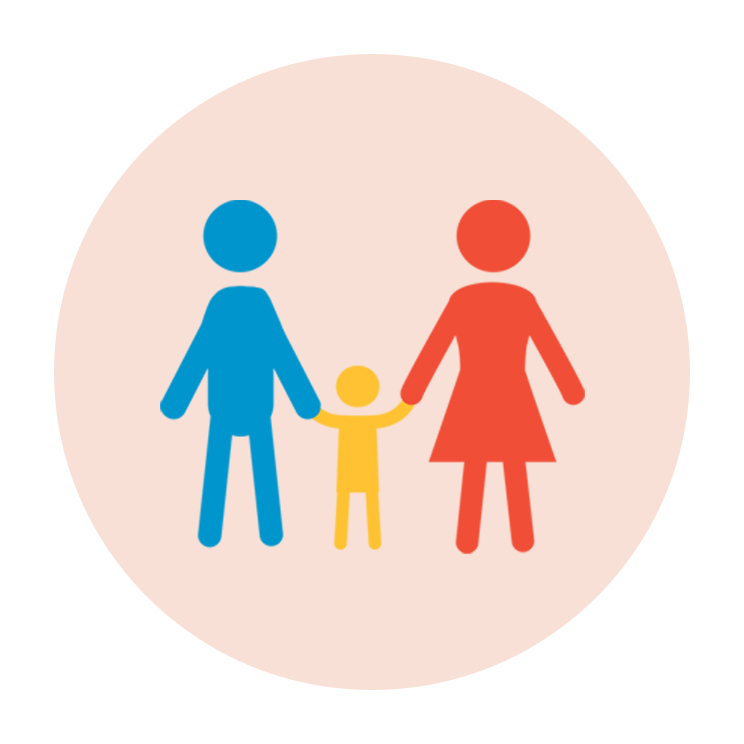
Family engagement
We engage with families as partners in the shared mission of optimally supporting each child’s individual learning and development journey.
We love interacting with the families of the children in our centres. We encourage regular visits from parents and maintain open lines of communications between children’s teachers and their families at all times.

Health and Safety
Keeping children safe and healthy is our highest priority at all times. Our staff are first-aid trained and we implement well-tested protocols to prevent harm and ensure effective reaction in the event of an emergency. You can read more about our approach to health and safety at our centres here.
Learning Learning & Development Progress Tracking
We use a three-pronged approach for tracking children’s progress, enabling us to meet each child’s needs and support their individual learning and development journey. The first component involves ongoing observational formative assessment by our teachers using a learning and development trajectory rubric linked to our 23 ODLs (Objectives for Development and Learning). The second involves an “I – can” work portfolio updated on a quarterly basis for each child, and the third is a summative assessment in their final year with us, the ELOM, which is nationally benchmarked.
.
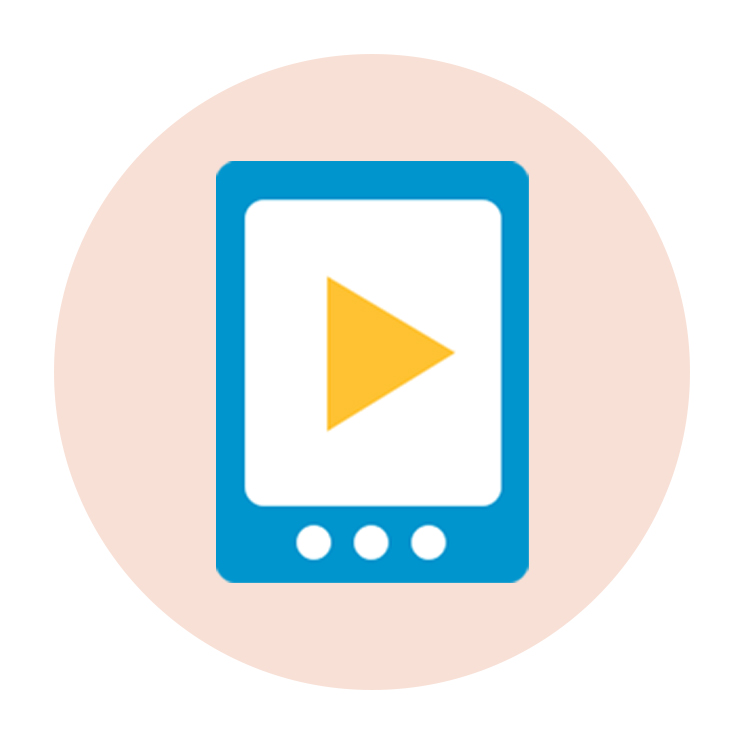
Teacher training and ongoing support
Something that sets Earlybird apart is the ongoing support our teachers receive after they are hired. This support comes in the form of our custom activity guide, Bird Seed, as well as mentoring from experienced instructional coaches. We invest in these supports because we know that improving teaching quality directly improves child outcomes.
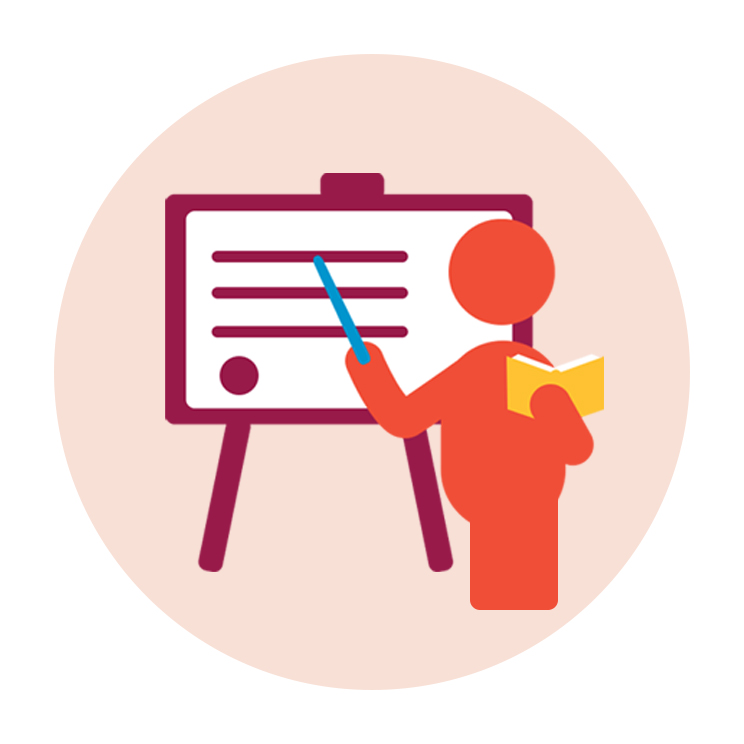
Teacher Recruitment Screening
Our educare centres are staffed with committed, caring, and qualified teachers. We use a rigorous three-stage teacher recruitment process, which involves (i) CV vetting; qualifications and reference checks, (ii) Task submission and interview, (iii) Background checks and in-situ teaching observation.
concluded by two weeks of training in which final round candidates’ skills are observed in-situ.
The key values underpinning our learning programme are:
Relationships and interactions
are the key:
Both relationships with other children and with adults are imperative during early childhood.
Each Earlybird educare centre is staffed with committed, caring, and qualified teachers. This begins with a comprehensive teacher recruitment process. The core functions of Earlybird teachers and carers are to keep children safe and to engage positively and productively with the children in their group, creating myriad opportunities for fun, active learning experiences.
They are supported in this function through technologies developed by our central curriculum team and also in-person by roaming coaches. Children are expected to work together in communities to collaborate with each other and facilitate peer learning .
Play is at the heart of the active learning:
Children engage in active learning when they construct knowledge through interactions with materials, people, events, and ideas. Nurturing adults help children explore, make decisions, and get excited about learning. Children are seen as co-constructors of knowledge, instead of being viewed as targets of instruction.
They participate in many different projects where they can observe, hypothesize, question and clarify to create understanding. Multi-sensorial expression is particularly important for young children:
The basis of creative problem solving is the exposure to similar materials and concepts in a variety of ways. Children participate in long term projects designed to let them view a subject from many angles (two-week long themes facilitate this). Movement and messy play are encouraged at all times!
Every child matters:
We know that children with barriers to learning are much better off if they have the opportunity to be integrated into classrooms with children who do not face the same barriers.
We believe in inclusive education and work hard to ensure that the physical environment of our classrooms, the excellent training our teachers receive and the high adult-to-child ratios allow us to give each child who wishes to attend an Earlybird centre, the opportunities and support they need.
We hope to work closely with parents of children with barriers to learning to keep them integrated into “mainstream” classroom environments for as long as possible.